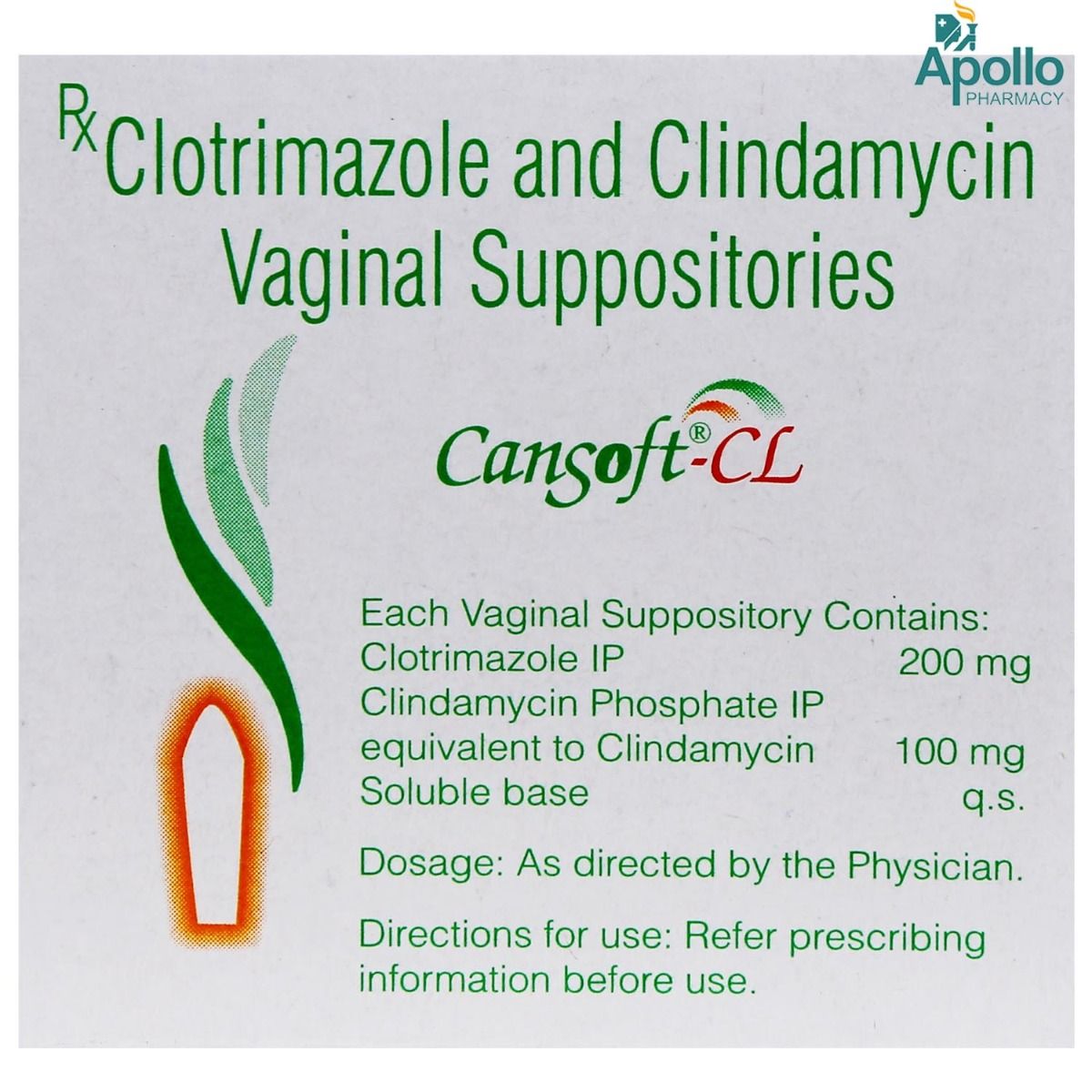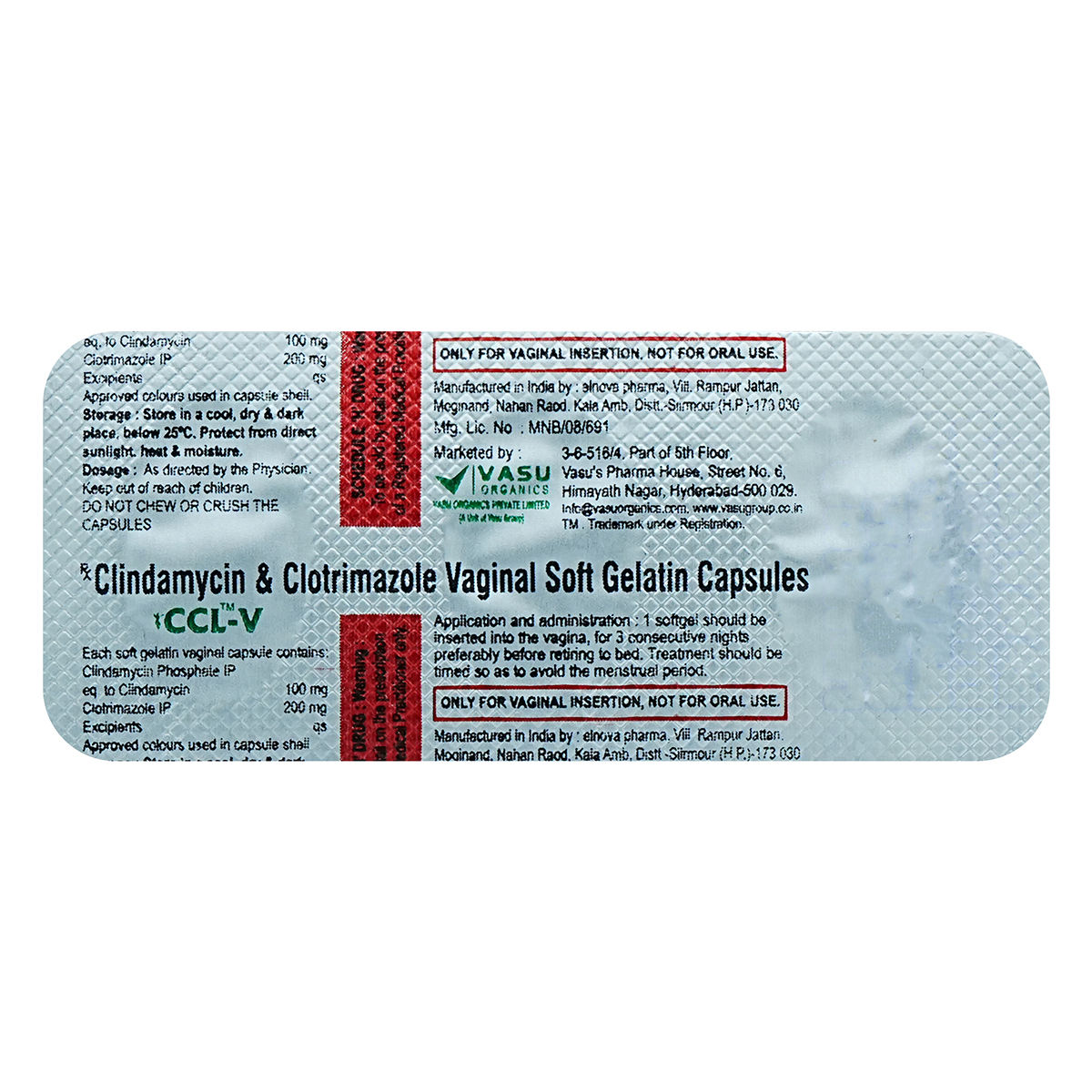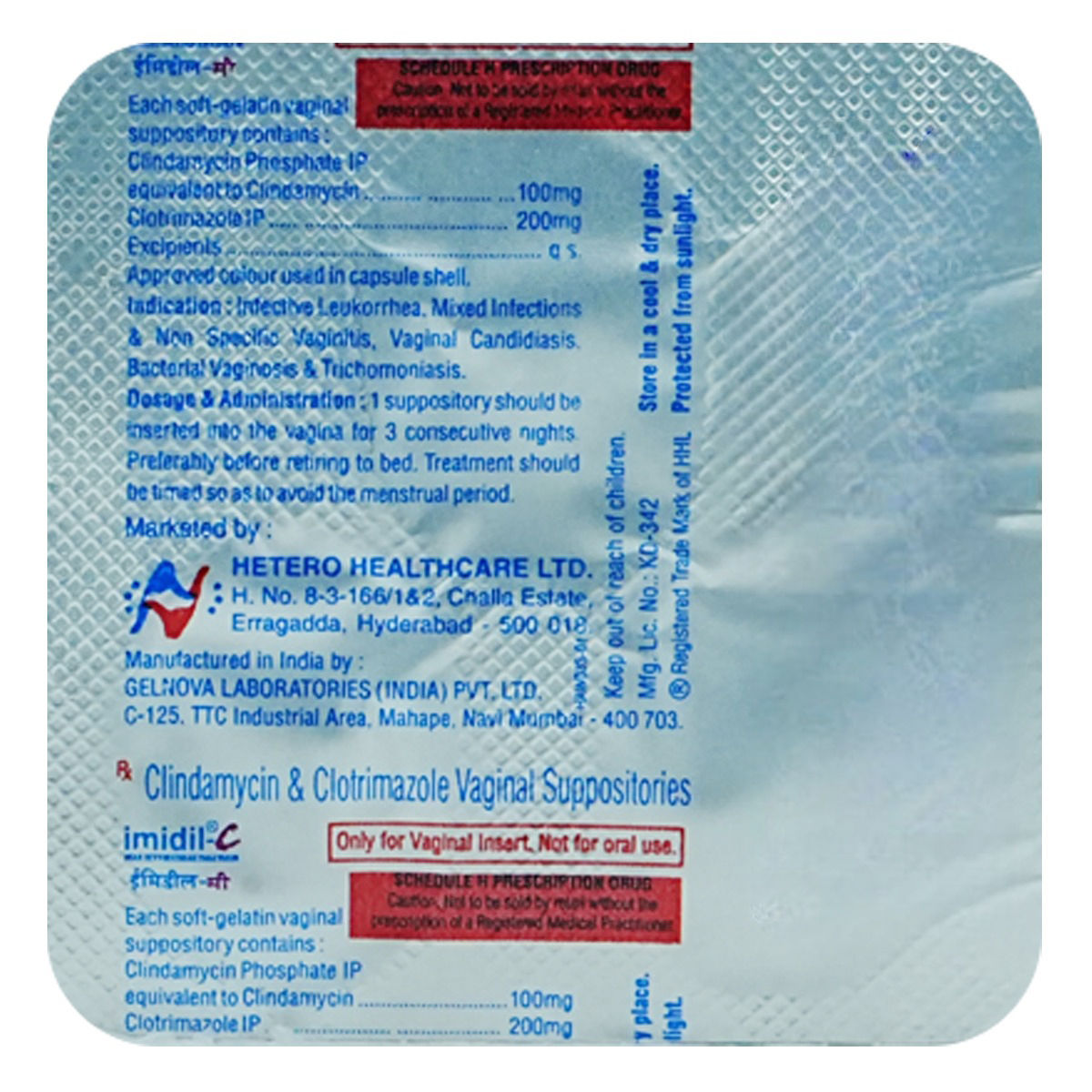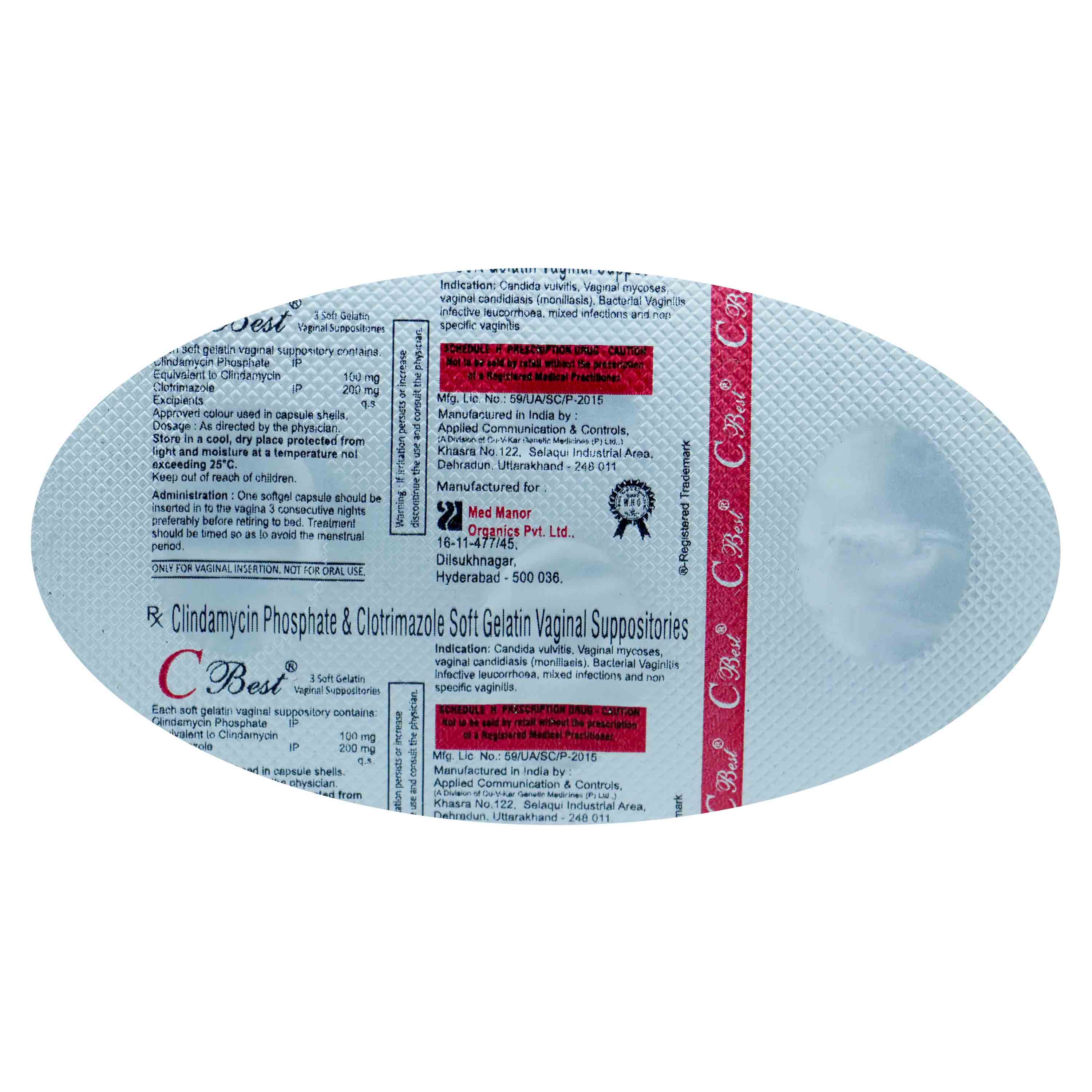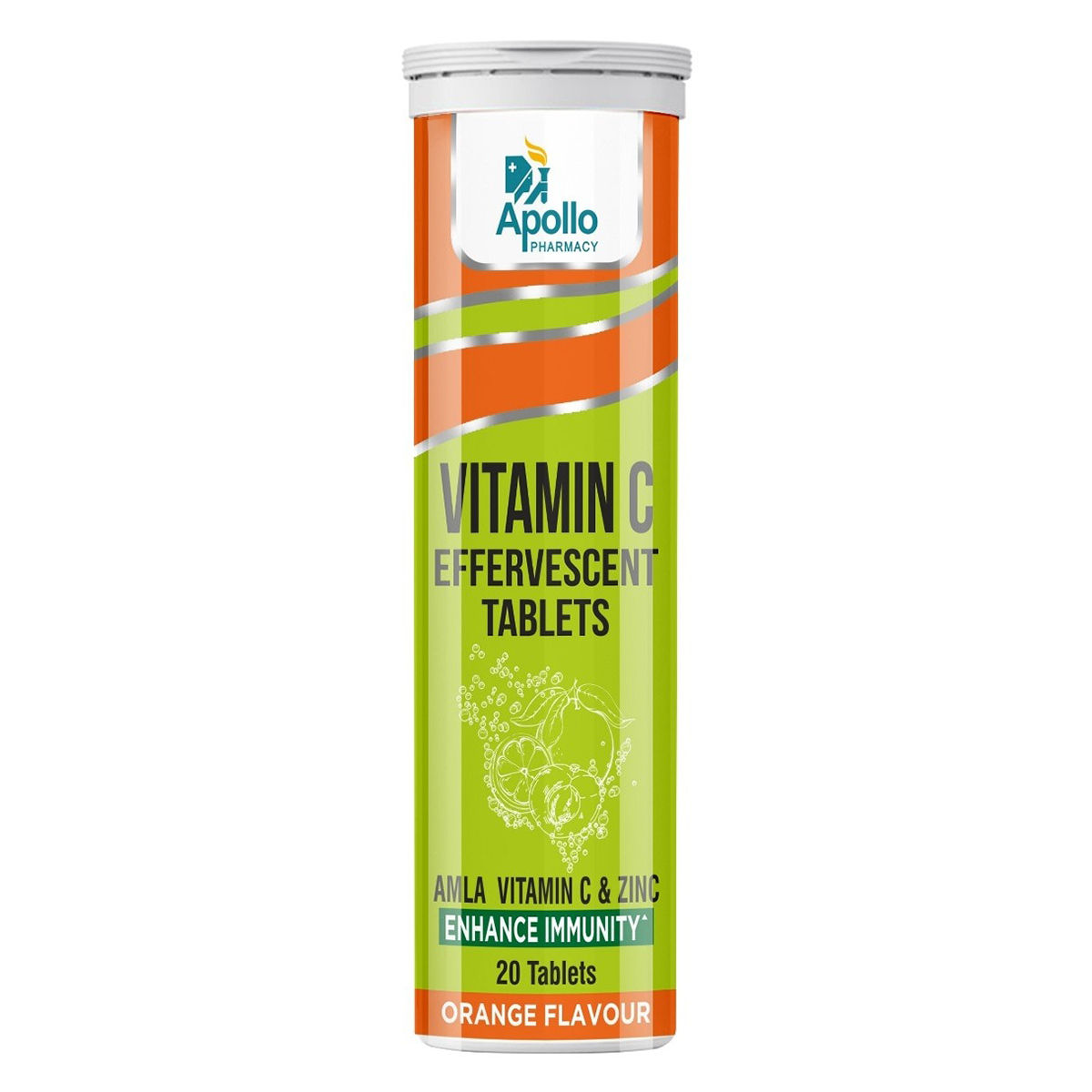QVE3 Vaginal Suppositories 3's
₹119.7*
MRP ₹133
10% off
₹113.05*
MRP ₹133
15% CB
₹19.95 cashback(15%)
Free Delivery
With Circle membership
(Inclusive of all Taxes)
This offer price is valid on orders above ₹800. Apply coupon PHARMA10/PHARMA18 (excluding restricted items)
Know Your Delivery Time
Provide Delivery Location

Available Offers
 Prescription drug
Prescription drugWhats That

Secure Payment

India's Most Trusted Pharmacy

Genuine Products
Composition :
Manufacturer/Marketer :
Consume Type :
Return Policy :
Expires on or after :
About QVE3 Vaginal Suppositories
QVE3 Vaginal Suppositories is used to treat vaginal infections caused by bacteria (bacterial vaginosis), yeast infection (candidiasis) and parasitic infections (trichomoniasis). Bacterial vaginosis is caused by the change in the normal balance of vaginal bacteria. Vaginal yeast infection or Candidiasis is the infection of the vagina and tissues at the opening of the vagina (vulva). Trichomoniasis is a sexually transmitted infection caused by a parasite. Symptoms of a vaginal infection include itching, odour and abnormal heavy white discharge from the vagina.
QVE3 Vaginal Suppositories comprises two medicines, namely: 'Clindamycin' (antibiotic) and 'Clotrimazole' (antifungal). Clindamycin belongs to the lincomycin antibiotic group that works by inhibiting bacterial protein synthesis, which is required for the survival of the bacteria. As a result, it inhibits bacterial growth but does not kill them (bacteriostatic effect). On the other hand, Clotrimazole belongs to the imidazole antifungal group, which kills fungi by causing holes in their cell membrane, thereby leaking all content out.
Use QVE3 Vaginal Suppositories as suggested by your doctor. Common side effects of QVE3 Vaginal Suppositories include a burning sensation, irritation and itching. These side effects may not occur in every patient using this medication and differ individually. If the side effects persist longer or worsen, please seek a doctor's advice.
Inform your doctor if you are allergic to QVE3 Vaginal Suppositories or any of its components. Let your doctor know if you have any liver, kidney and gastrointestinal diseases (diarrhoea and colitis, an inflammation of the colon), allergic conditions (asthma, hay fever, eczema), diabetes and immune system problems (HIV-AIDS). Clotrimazole in QVE3 Vaginal Suppositories may weaken rubber products' activities of contraceptive devices, latex condoms, diaphragms and cervical caps. Pregnant and breastfeeding women should consult a doctor before using QVE3 Vaginal Suppositories.
Uses of QVE3 Vaginal Suppositories
Directions for Use
Medicinal Benefits
QVE3 Vaginal Suppositories is used to treat vaginal infections like bacterial vaginosis (BV), candidiasis, and trichomoniasis. It comprises two medicines: 'Clindamycin' (antibiotic) and 'Clotrimazole' (antifungal). Clindamycin is an antibiotic drug and works by inhibiting bacterial protein synthesis, which inhibits bacterial growth. It shows a bacteriostatic effect, which stops bacterial reproduction. Clotrimazole is an imidazole antifungal medication that stops the growth of fungi by causing damage and leakage to the fungal cell membrane. Together QVE3 Vaginal Suppositories treats vaginal infections caused by bacteria, yeast and parasites preventing white discharge, itchiness and inflammation in the genitourinary area.
How QVE3 Vaginal Suppositories Works
Storage
Side Effects of QVE3 Vaginal Suppositories
- Burning sensation
- Irritation
- Itching
What if I have taken an overdose of QVE3 Vaginal Suppositories
Drug Warnings
Please inform your doctor if you use any prescription, non-prescription medicines, including vitamin and herbal supplements before using QVE3 Vaginal Suppositories. Do not use QVE3 Vaginal Suppositories if you are allergic to QVE3 Vaginal Suppositories or any of its components. Let your doctor know if have any liver, kidney and gastrointestinal diseases (diarrhoea and colitis, an inflammation of the colon), allergic conditions (asthma, hay fever, eczema), diabetes and immune system problems (HIV-AIDS). It is advised to use QVE3 Vaginal Suppositories under your doctor's supervision if you use other azole antifungal medicines. Clotrimazole and mineral oil additive in QVE3 Vaginal Suppositories may weaken rubber product's activity (such as latex condoms, diaphragms, cervical caps).
Drug-Drug Interactions
Drug-Drug Interactions
Login/Sign Up
Drug-Food Interactions
Drug-Food Interactions
Login/Sign Up
Diet & Lifestyle Advise
- Avoid frequent douching to maintain the natural moisture in the vagina.
- Use mild soap while taking baths and prefer warm baths.
- Avoid harsh products on your skin.
- Manage stress, eat healthily, drink plenty of water, exercise regularly and get plenty of sleep.
- Avoid or limit the intake of alcohol and caffeine.
- Wear under cotton underwear and pantyhose with cotton crotch which helps to prevent vaginal inflammation and irritation.
Habit Forming
Therapeutic Class
QVE3 Vaginal Suppositories Substitute

Cansoft-CL Vaginal Suppository 3's
₹44.70per tabletCandid-CL Vaginal Suppository 3's
₹51.03per tabletClingen Vaginal Suppository 3's
₹37.50per tabletVH-3 Vaginal Suppositories 3's
by AYUR
₹30.00per tablet3 Nite Capsule 3's
₹57.00per tablet
Product Substitutes
Alcohol
Safe if prescribed
No interaction found/established.
Pregnancy
Caution
There are limited studies on how QVE3 Vaginal Suppositories affects the unborn baby during pregnancy. It is advised to use QVE3 Vaginal Suppositories after consulting your doctor.
Breast Feeding
Safe if prescribed
There is limited data on how QVE3 Vaginal Suppositories affects breastfeeding infants. However, systemic absorption of QVE3 Vaginal Suppositories is negligible after topical and vaginal administration. Consult your doctor for further advice.
Driving
Safe if prescribed
No interaction found/established.
Liver
Caution
Let your doctor know if you have any history of liver diseases before using QVE3 Vaginal Suppositories.
Kidney
Caution
Let your doctor know if you have any history of kidney diseases before using QVE3 Vaginal Suppositories.
Children
Unsafe
QVE3 Vaginal Suppositories is not recommended for children below 12 years of age. Do not give this medicine to your child without medical advice.
FAQs
Country of origin
Manufacturer/Marketer address
Customers Also Bought
Disclaimer
Author Details
We provide you with authentic, trustworthy and relevant information
Reference
- https://www.drugs.com/mtm/clindamycin-topical.html
- https://www.drugs.com/mtm/clotrimazole.html
- https://www.researchgate.net/publication/282557722_A_Clinical_Experience_to_Assess_Safety_and_Efficacy_of_Fixed_Dose_Combination_of_Clindamycin_and_Clotrimazole_in_the_Treatment_of_Patients_With_Mixed_Bacterial_and_Fungal_Vaginosis
- https://www.webmd.com/drugs/2/drug-5115/clotrimazole-vaginal/details
- https://www.webmd.com/drugs/2/drug-78019-7016/clindamycin-vaginal/clindamycin-phosphate-cream-vaginal/details
- https://www.webmd.com/drugs/2/drug-78019-7016/clindamycin-vaginal/clindamycin-phosphate-cream-vaginal/details






